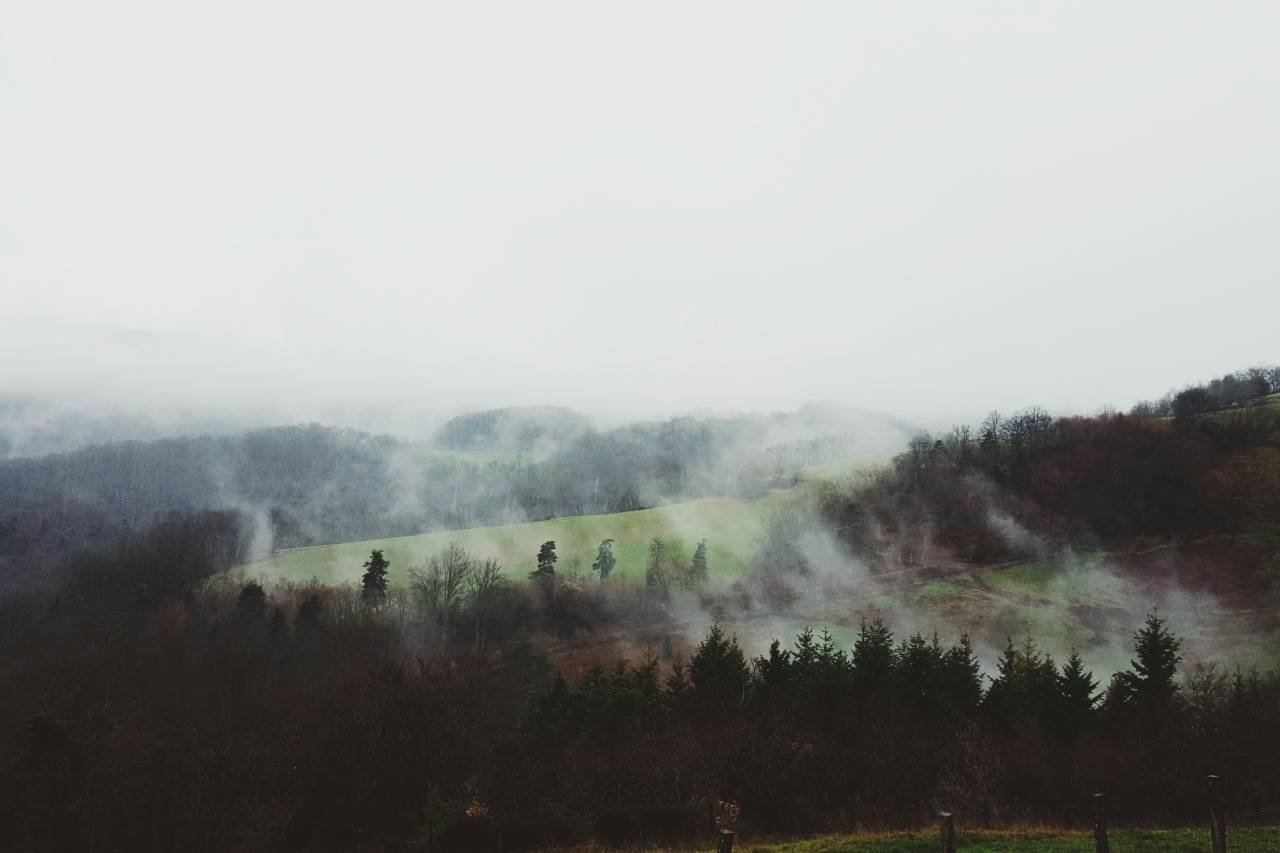This Week: Advent 2C
Gospel: Luke 3:1-6
Next week, we get a real, full-on prophetic time with John the Baptist. This week is like a foretaste. And it comes to us with two fascinating elements:
- Setting
- Vision
Setting and Vision
The evangelist sets us up to see the placement of this story is fully centered in the Roman Empire to recall the experience of being a part of an occupation. This is no mere thing for the evangelist or for the witness, for people will show up in massive numbers to hear John message of repentance. A message I always feels needs some coaxing out to help the modern reader to truly understand. This is not to see the modern reader is dumb, but that we live with a very different relationship to this word: repentance. Many have really negative associations with it, and the idea that a man dressed in a crazy get up would draw people to him (rather than away from him) by shouting about repentance seems like a bit of science fiction.
The reality is far more obvious, when given the chance. And context offers precisely that.
Roman occupation was not pleasant, but the people yearned for their independence again and pined for the “good ol’ days” from about a thousand years earlier when their nation was united and mighty. Which lasted about 70 years or so.
Roman occupation and then Temple participation was a common political frustration. The majority of people despised the situation and wanted to be freed of it and all that it meant. This vision of freedom, and someone inviting people to imagine it, would be extremely popular. And this is what John the Baptist was offering: a vision for the way God would redeem Judah and bring the people out from under the oppressive yoke of empire.
The two parts are one
The truth, however, is that the two parts of this passage are really one. The vision that John casts of preparing the way for the Lord is directly related to this setting: the people of the once-proud Judaea living under Roman occupation, seeking the world-changing power of God to reverse their fortunes.
While it is easier to focus on traditional Advent themes, or invite people to continue to imagine this as the pre-Christmas season, or even to self-righteously rail for enforcing the contours of the Advent season on one another, I find this moment encapsulates something far more valuable to the people of faith in any era. That freedom is on offer. A participatory freedom. That is the message Jesus takes up from John the Baptist. That the aching of this world can change and be replaced with joy. Not by force, but through love and kinship.
And that the message of the revolutionary power of love was so incredibly popular that people would abandon the safety of cities to catch word of it in the wilderness from a man baptizing people in the Jordan.
If they can take such a leap, what stops us?
